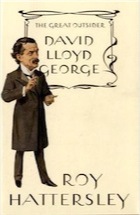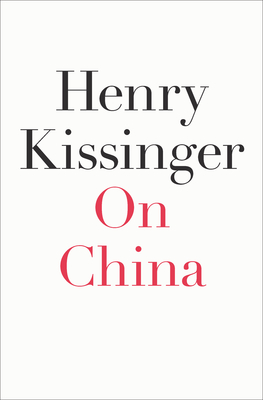Last Man in Tower by Aravind Adiga (Doubleday Canada 2011)
I must admit that I only picked up this book in hopes of pre-empting the Booker judges long list selection and at first the book held no appeal. The concept of the book seemed archetypal possibly to point of cliché. A powerful and corrupt construction magnate named Dharmen Shah decides upon a spot to build what might be his last project, the Shanghai built in 'Gothic style, Rajput touch, Art Deco fountain'. On the site Shah has chosen to build stand Towers A & B of the Vishram Society housing co-operative in Vakola, near the airport in Mumbai, the next area of the city due for gentrification in the Indian economic boom. Offered a more than generous settlement to purchase the apartments from members (some 250% of their value) one man, Yogesh Murthy (Masterji) a retired teacher, alone holds out against Shah, the last man in tower as one by one his friends, neighbours and even his own family turn against him feared of losing their ticket out of the slums.
If it is a story that sounds familiar it should because it is a common premise, take 'batteries not included' or for a more recent example the recent animated feature film 'Up', all stories of plucky underdogs taking on the powerful corporations. However, this is where the similarities end and instead of a saccharine story of helpful little robot elves or of transcontinental building flight what we are offered is a sometimes very dark and almost deeply cynical view on Indian culture and the effect of its current economic prosperity.
My big criticism of the book is that it is bogged down by some highly visible and unsubtle symbolism. Chapters of the book are haunted by a lame and dying dog, we see a pair of fighting hawks and we see a mother crow have her nest and babies poked out from under her. If you throw in the Rubik's Cube that plays a more central role than necessary you can see that Adiga has employed far less that a light touch. Having said that, it is a highly readable book and although at the outset the book's plot would appear predictable, it doesn't quite follow the path you'd imagine and was still able to surprise an old cynic like me. Worth a read but I think the Booker judges have been wise to have left it out of the longlist.
3/5
Tim MacGabhann: Saints
4 months ago










